We convened two cohorts of fellows: CEFP2017 and CEFP 2019. They represent a diverse range of scientific communities, from research collaborations to professional associations via shared infrastructure and training communities.
Each Fellow brought a unique set of skills and challenges to their cohort. At the same time, many of our Fellows shared common goals when it came to their organizations and communities and the technology they use, and they were the first members of our ever-growing community of practice.
All CEFP Fellows contributed several blog posts over the course of their fellowship. You can read about their experiences of participating in the fellowship, what they learned, and what they’re working on in their organizations here: 2017 | 2019.
2019 Fellows #CEFP2019
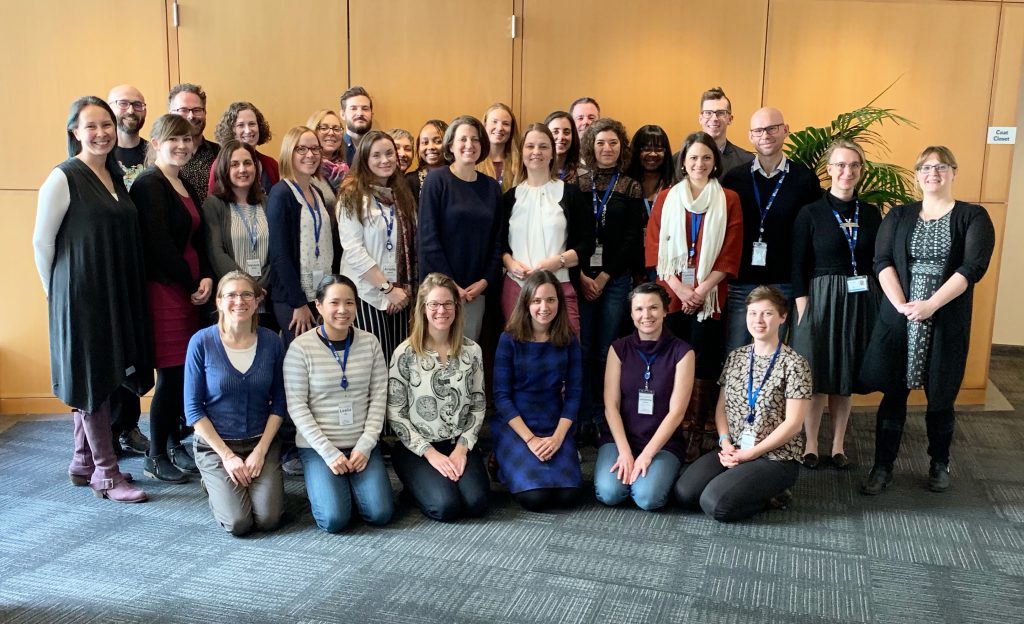

KAte BAKER
Postdoctoral Research Fellow & Community Engagement Lead, Center for Water Systems, University of Exeter
In 2019, Kate’s top three goals were:
- Facilitate workshops and document the ways in which this builds community cohesion at local scale
- Lead a community building workshop at an international project meeting and document how this contributes to community cohesion at the international scale
- Develop ways to connect an international community online so they are collaborating, sharing and learning
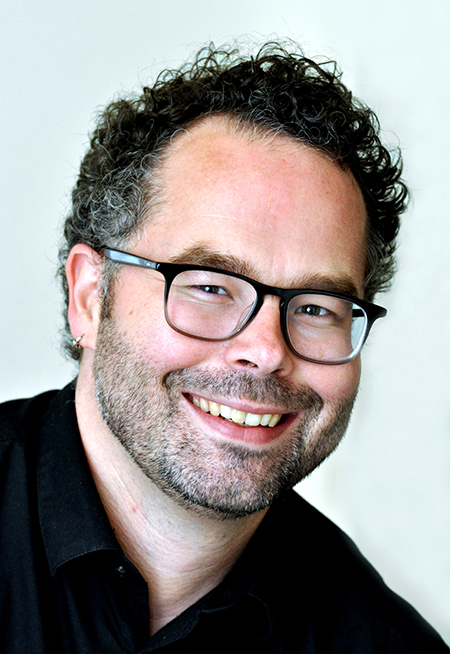
Arne bakker
Manager of Scientific Meetings, Chan Zuckerberg Initiative
In 2019, Arne’s top three goals were:
- Implement metrics and evaluation best practices to measure community engagement and collaboration outcomes
- Experiment with virtual spaces to increase community engagement, specifically as a follow up of in-person meetings
- Develop a comprehensive community newsletter strategy
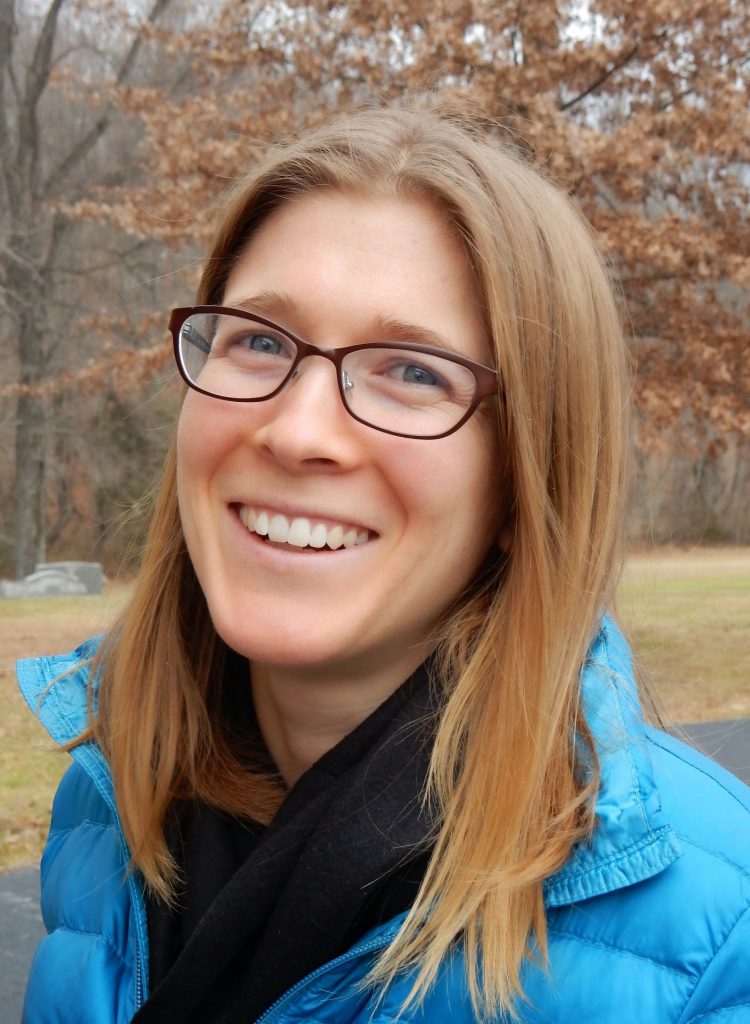
Ellen Bechtol
Outreach Specialist, IceCube
In 2019, Ellen’s top three goals were:
- Launch and run a new multi-facility network focused on broadening participation in science
- Tun diversity and inclusion events at two IceCube collaboration meetings
- Develop robust user testing tools for the LSST outreach team to use now and in the future
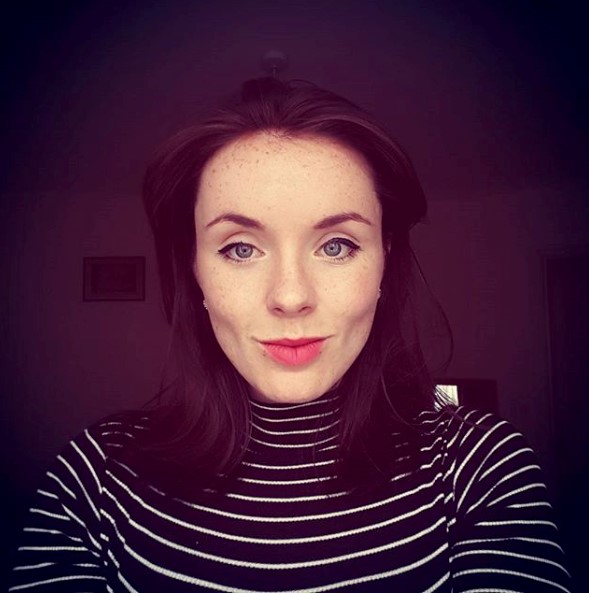
Arielle Bennett
Community Manager, Repositive Translational Oncology Network Initiative
In 2019 she launched the Translational Oncology Network, a pre-competitive professional online community and events program, with the aim of expanding to 40 participating biotech companies by December 2019.
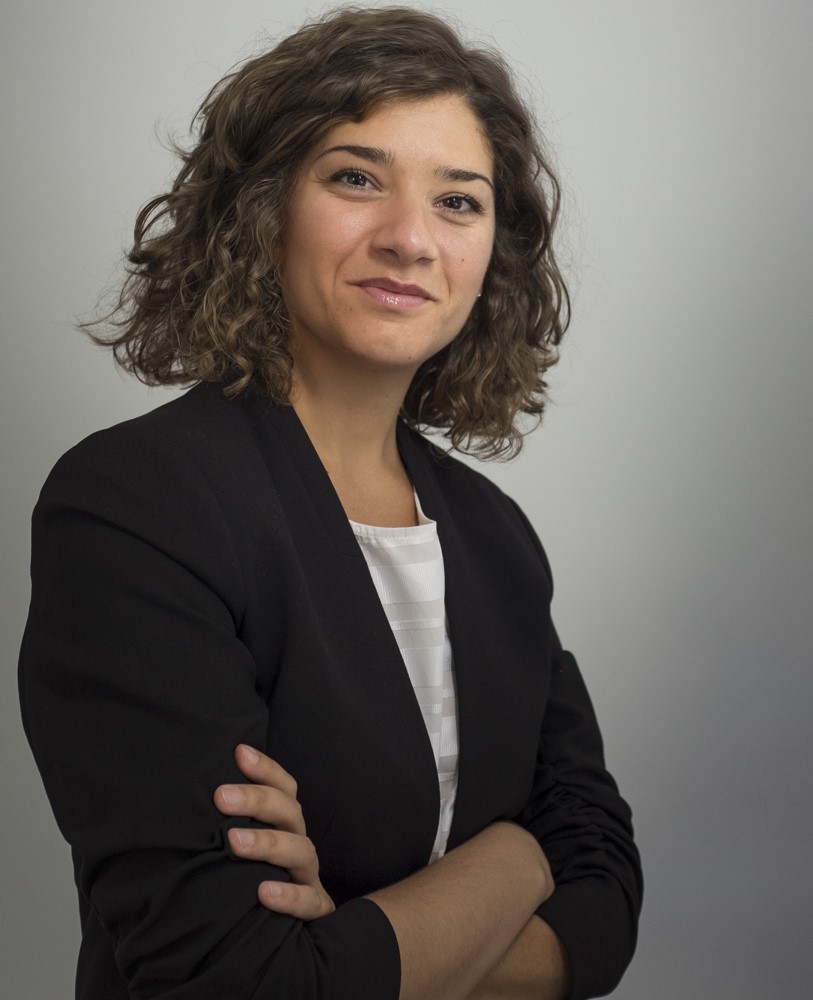
Chiara bertipaglia
Scientific Program Manager, Zuckerman Mind Brain Behavior Institute, Columbia University
Her goals for CEFP2019 were:
- Learn how to make best use of existing online and offline tools to foster a sense of belonging among scientists, making the environment a truly inclusive one where all members feel engaged
- Use evidence-based practices to create, curate and spread through appropriate platforms (including social media) engaging content
- Use the most effective assessment metrics and tools to measure the success of the community engagement programs run in the Institute
- Enter a network of colleague professionals with whom to share best practices to improve collaboration and community building in science
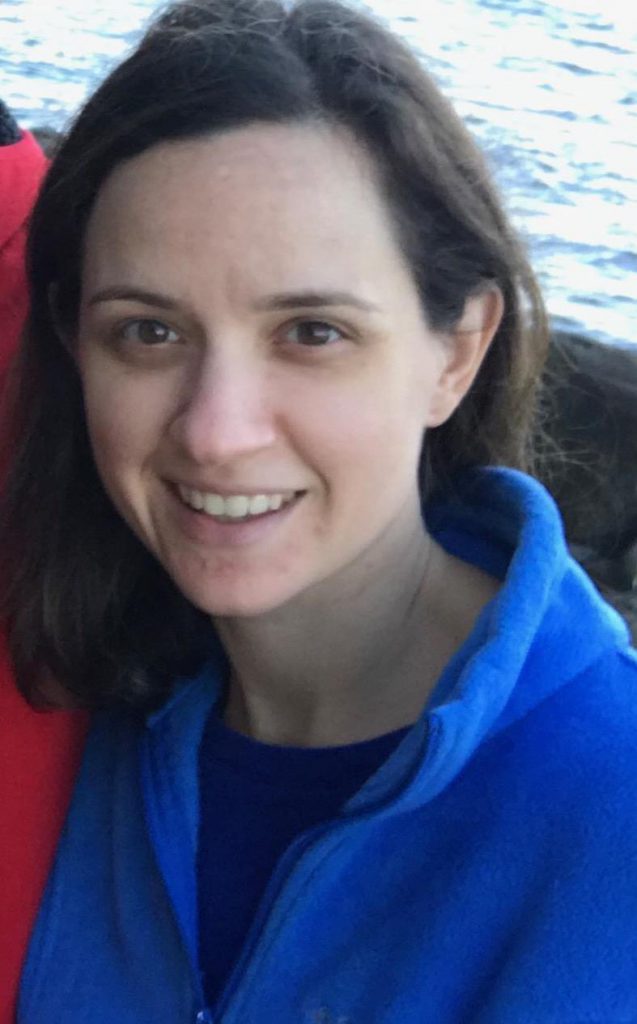
megan carter
Community Director, ESIP
In 2019, Megan planned to:
- Grow communication and interaction between clusters
- Document and streamline cluster activities and workflows
- Define and track cluster metrics
- Help the 2019 Class of ESIP Community Fellows define and meet their goals
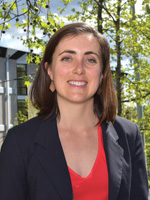
Liz guzy
Administrator, EDGE Center and SRP, University of Washington
Liz’s top goals were:
- Implement new and creative “in-reach” opportunities among Center members that will enhance collaborations with other interdisciplinary scientific enterprises at the UW
- Organize and host an engaging national scientific meeting of the NIEHS Superfund Research Program, with over 400 attendees
- Help establish a Center for Disaster Response Research, focus to include wildfire health impacts, which will include local, regional, state and federal governmental agencies
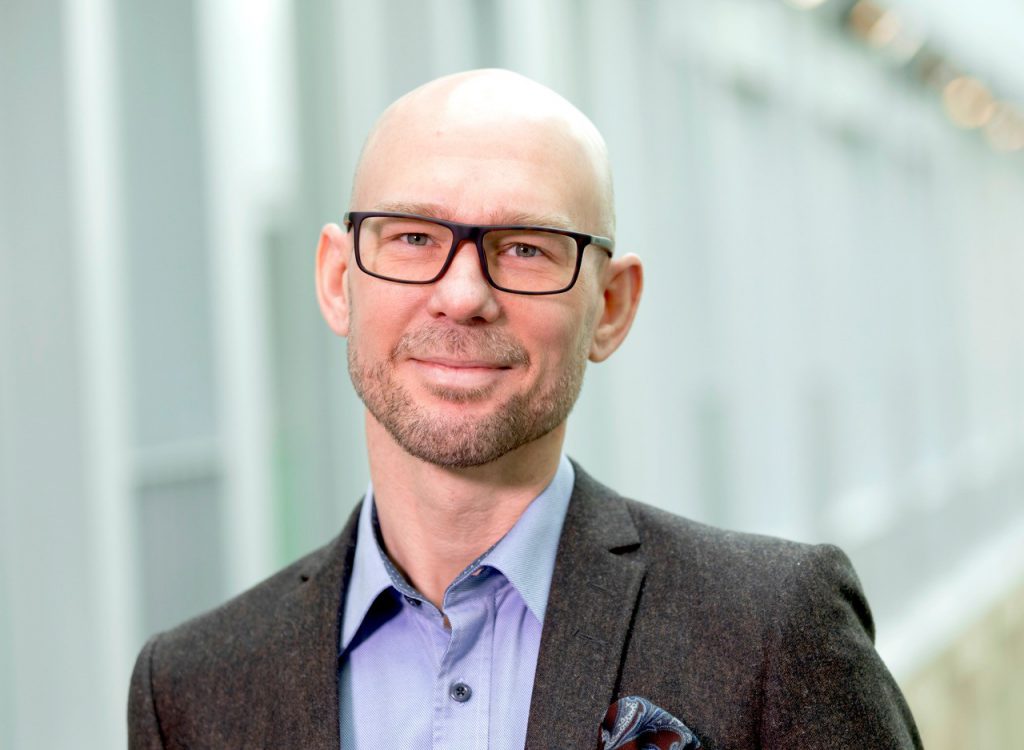
Lars Hammarström
Strategic Relations Officer, KTH Royal Institute of Technology Science for Life Laboratory
Lars’ goals for 2019 were:
- Launch the SciLifeLab External Relations Office – a new initiative to build stronger relationships between SciLifeLab’s academic community and healthcare and industry
- Formalize an improved legal organizational framework for SciLifeLab’s national community
- Engage the SciLifeLab community in preparing an action statement to the government for renewed and increased SciLifeLab funding for 2020-2028
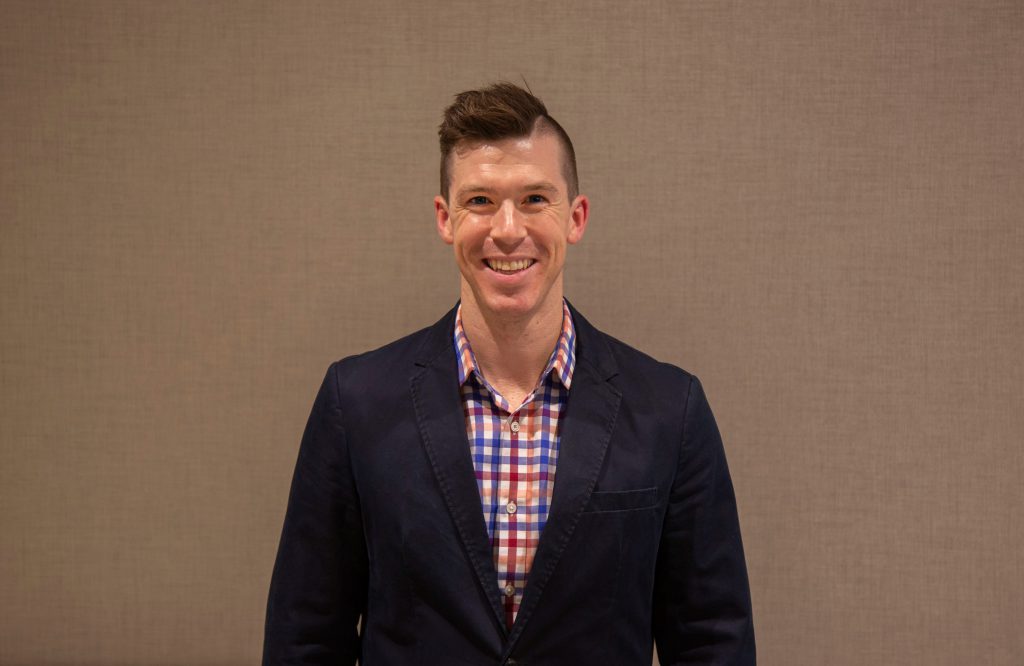
Shane Hanlon
Program Manager, AGU Sharing Science Program
Shane’s goals in 2019 were to expand the reach of the Sharing Science Program beyond AGU members, successfully carry out an average of one science communication training workshop per month, and learn ways to track the progress of his community.
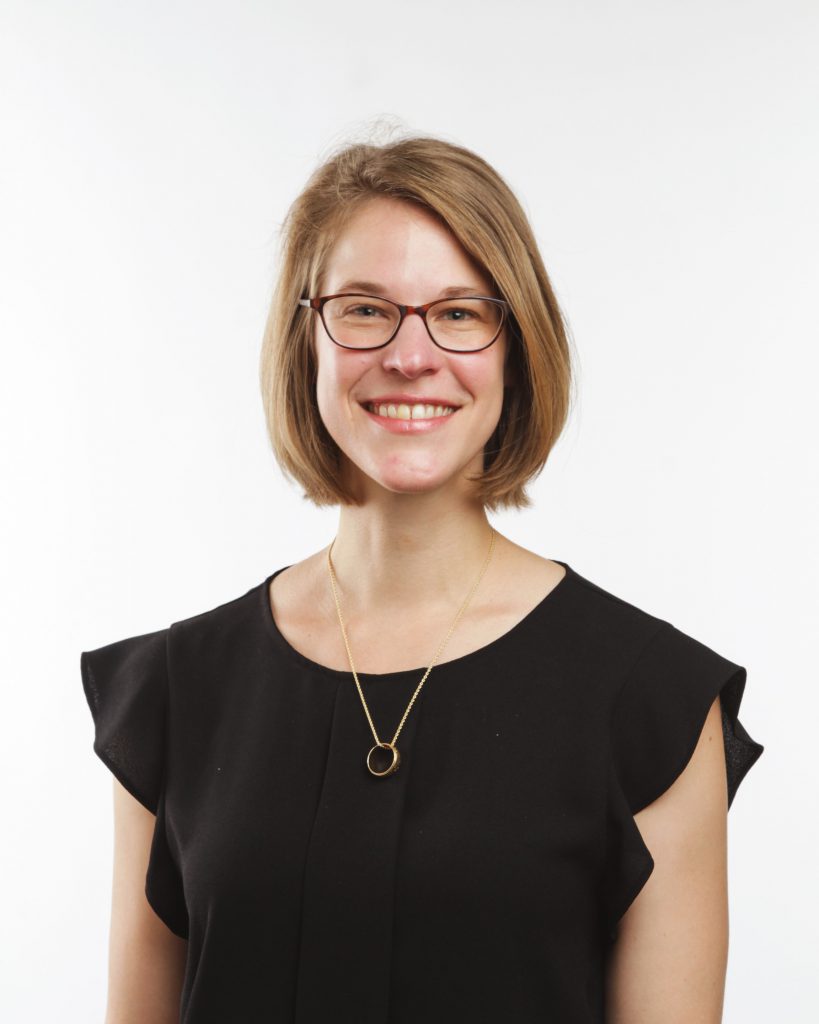
Rayna Harris
Technical Facilitator, Data Commons Pilot Phase Consortium
Rayna’s goals for 2019 were to develop, implement, assess, and share new strategies for supporting asynchronous communication, community governance, and community growth through scalable infrastructure.
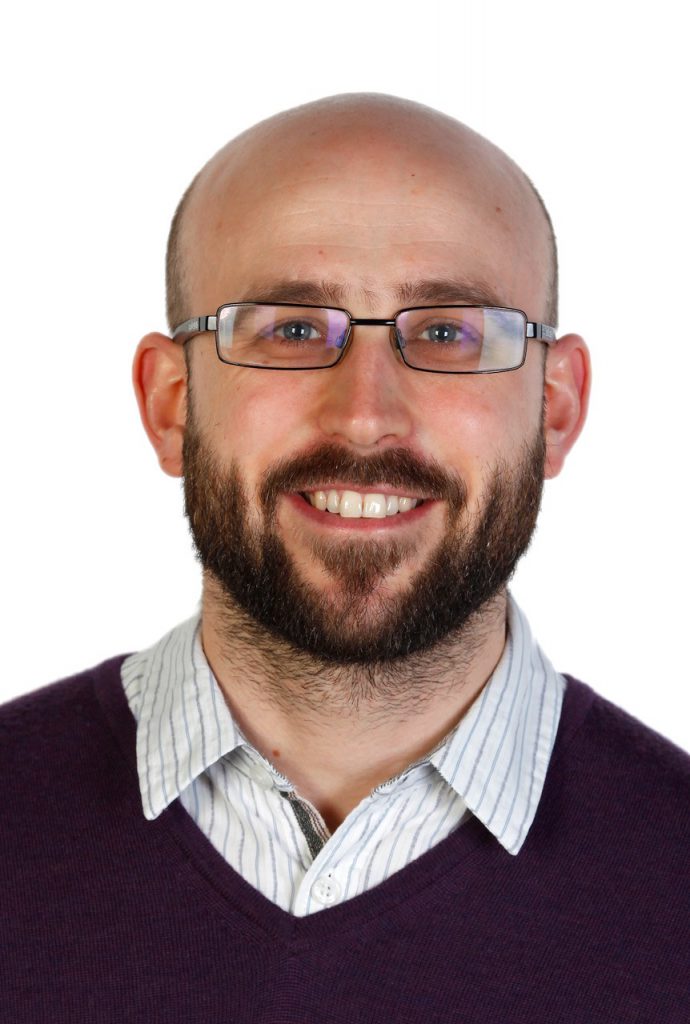
Toby Hodges
Bioinformatician, EMBL Bio-IT Project
Toby’s goals for 2019 included:
- Ensuring the long-term sustainability of the project’s activities
- Increasing outreach to and support of EMBL’s other research stations around Europe
- Developing a web portal to host training material produced by the Bio-IT community
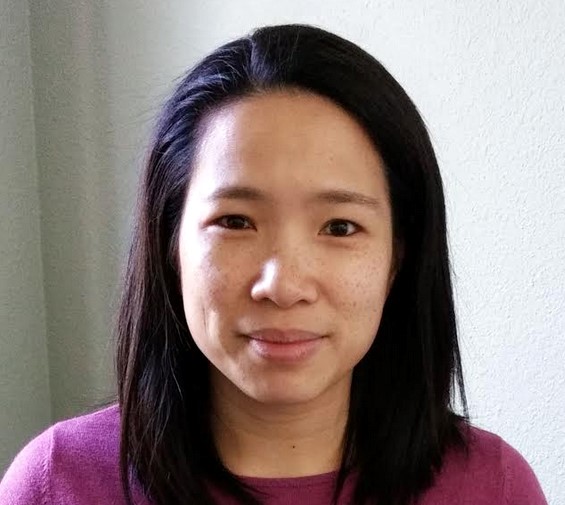
Leslie Hsu
Coordinator, USGS Community for Data Integration
In 2019, Leslie’s top three goals were to:
- Promote the maintenance, use, and reuse of CDI-supported tools and best practices
- Increase content generation from CDI members on the community platform
- Increase the awareness of the CDI, its goals, and its activities to help advance integrated science
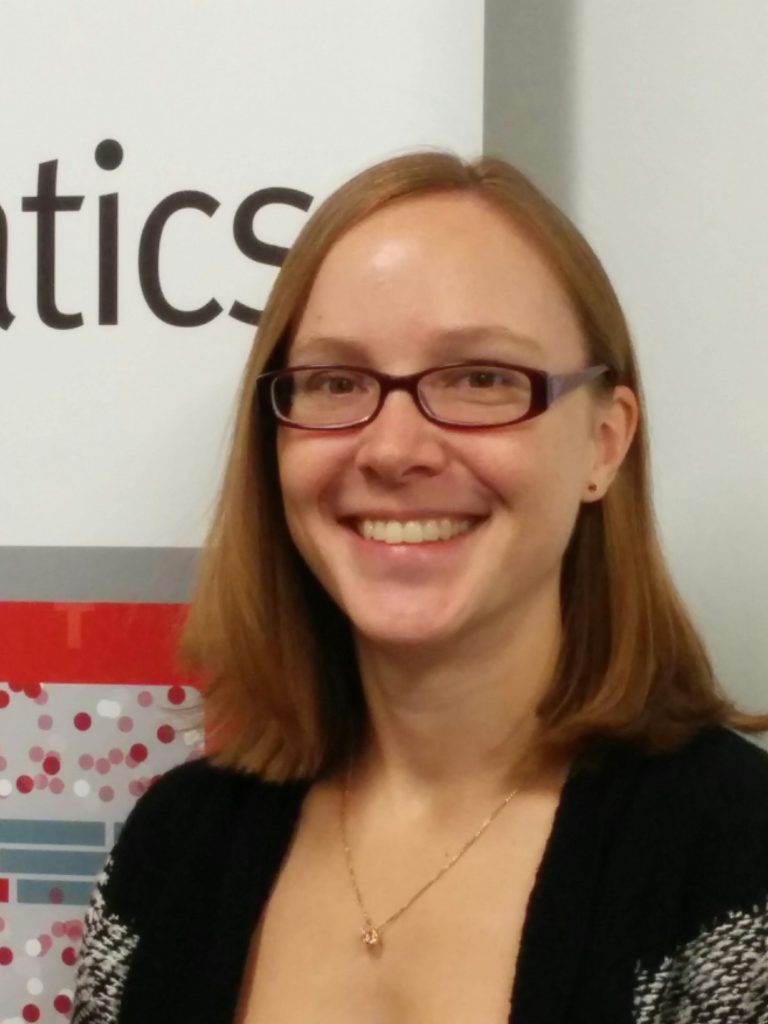
Ann Meyer
Knowledge and Research Exchange Manager, Ontario Institute for Cancer Research
In 2019, her goal was to increase the reach and utility of the bioinformatics.ca online spaces to foster more relationships within the Canadian bioinformatics community.
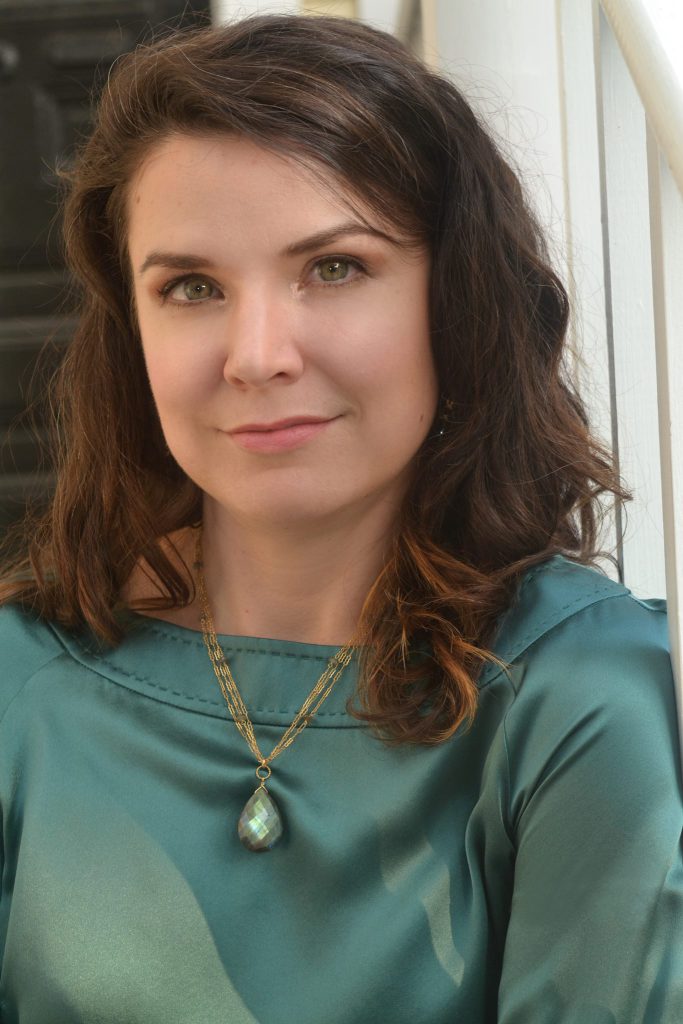
Julianna Mullen
Site Manager, Ocean Acidification Information Exchange
Julianna aimed to make 2019 a success by increasing participation of the OA Information Exchange’s newest members, establishing partnerships with international organizations, and discovering new ways to energize online participation.
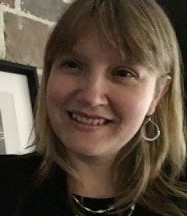
Brit myers
Project Manager, ARCUS
In 2019, Brit worked with the ARCUS community to:
- Develop a number of new collaborative research proposals
- Engage ARCUS member institutions around strategic plan implementation
- Host a series of Arctic research meetings and events, such as the SEARCH program’s ArcticFutures 2050 conference
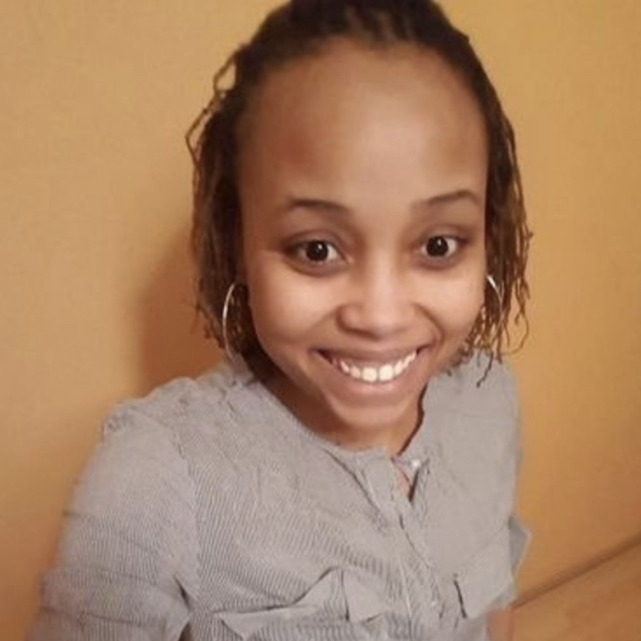
serah njambi
Community Engagement Lead, The Carpentries
In 2019, Serah aimed to:
- Immerse herself in an active community of like-minded folk in the Community Engagement Fellowship Program, trading experiences, exchanging ideas, and working together towards the same goal – stronger and more robust communities in science in the organizations we are affiliated with
- Help develop, engage and support a more cohesive and collaborative environment for local and global Carpentry communities
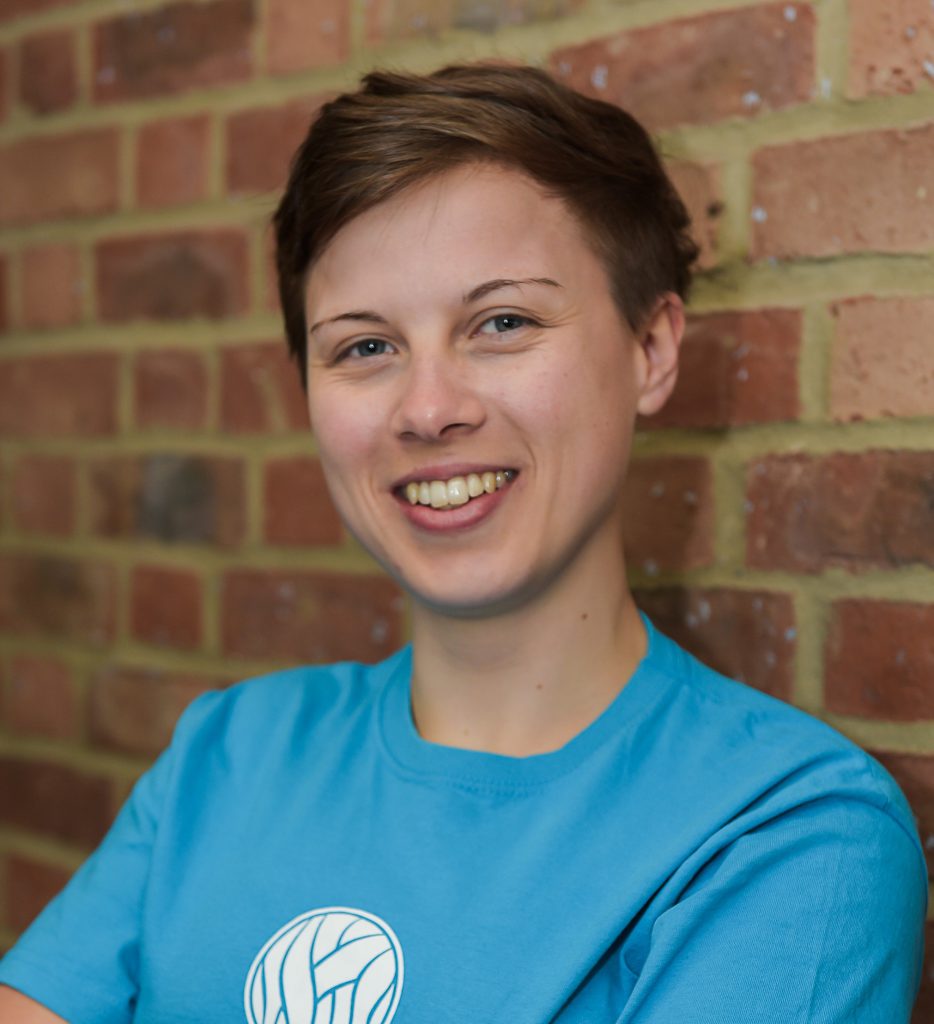
naomi penfold
Associate Director, ASAPbio
In 2019 Naomi’s goals were to:
- Evolve and grow the current 130-strong ASAPbio ambassador group into a larger network of 10+ subgroups taking local or field-specific action to advance preprinting, and with the addition of ambassadors in under-represented geographic areas and fields
- Organize an in-person and videocasted meeting and engage the community in discussions of best practices around preprinting
- Develop and test a training program to support early career researchers to convince their co-author(s) and/or group leader(s) to try preprinting for the first time
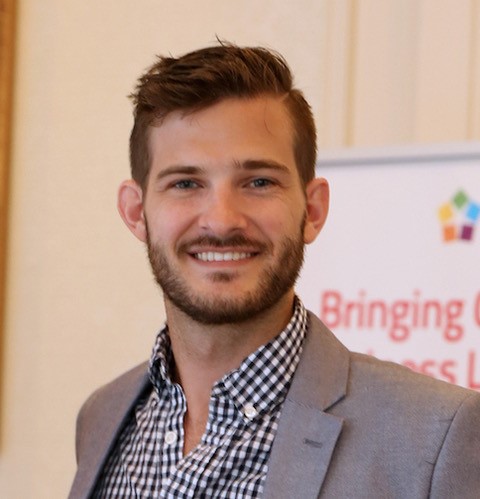
tom quigley
Community Manager, Conservation X Labs
In 2019 Tom’s top three goals were to provide advisory support for selected tech projects to accelerate their growth and impact, create and initiate a robust product strategy and roadmap for the Digital Makerspace, and increase engagement, growth, and kinship of the Digital Makerspace community.
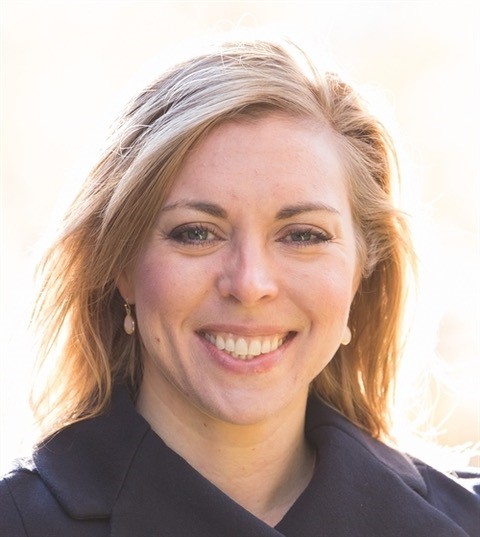
jessica rohde
Web Manager / Communications Officer, IARPC
In 2019 she was working to improve her use of website analytics to increase community engagement and also training her second cohort of early career Arctic scientists in an online interdisciplinary science communication course.
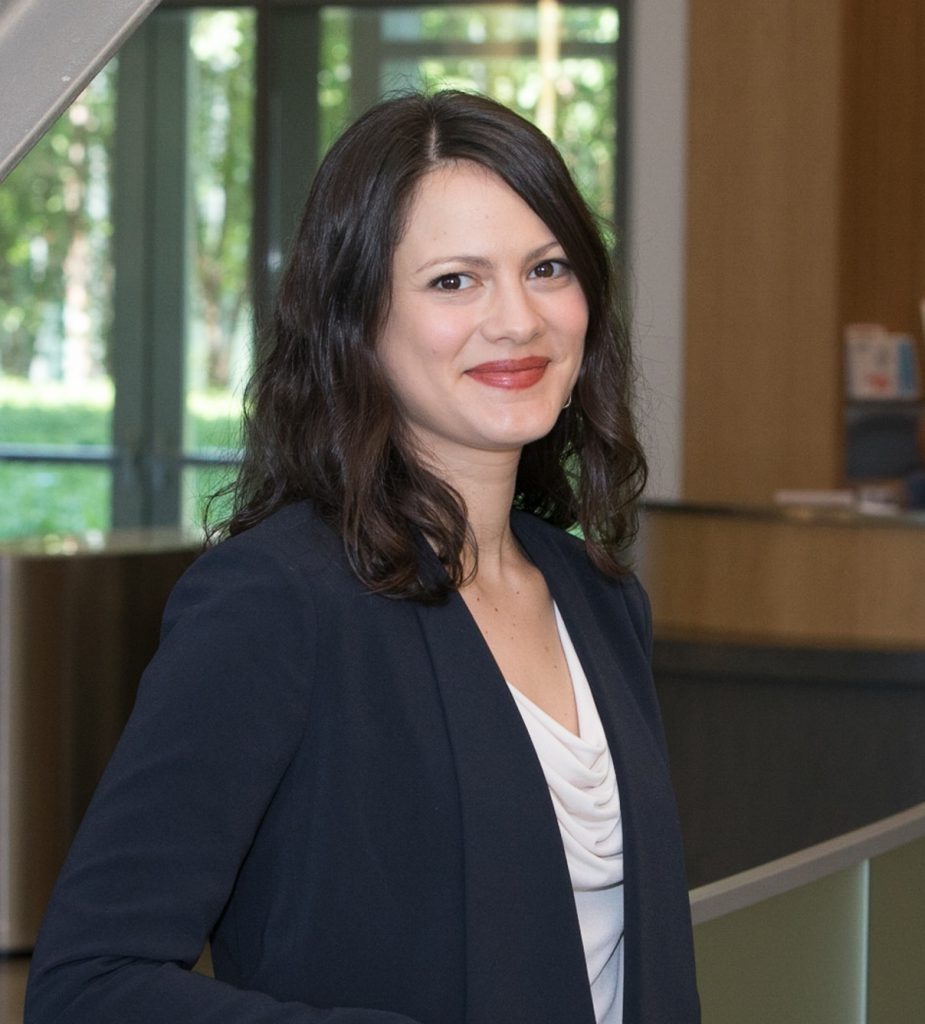
camille santistevan
Associate Director for Public Relations, Advanced Science Research Center at The Graduate Center, CUNY
Camille’s goals for 2019 were to:
- Improve existing community-building activities at the ASRC and The Graduate Center
- Secure additional funding to expand such activities
- Integrate her work as a AAAS Community Engagement Fellow with the ASRC’s 2019-2023 strategic plan
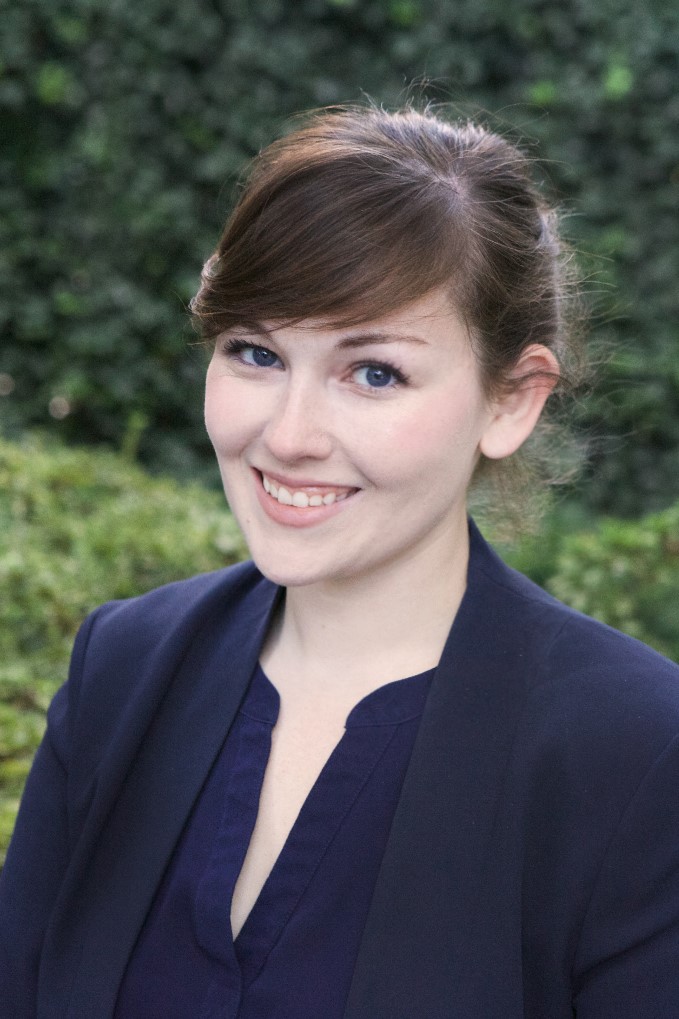
jen shook
Senior Program Manager, National Geographic Society
Jen’s 2019 goals were:
- Grow the newly launched National Geographic Explorer Online Community
- Design accessible and inclusive community activities
- Help this community connect, collaborate and more effectively share their work with the world
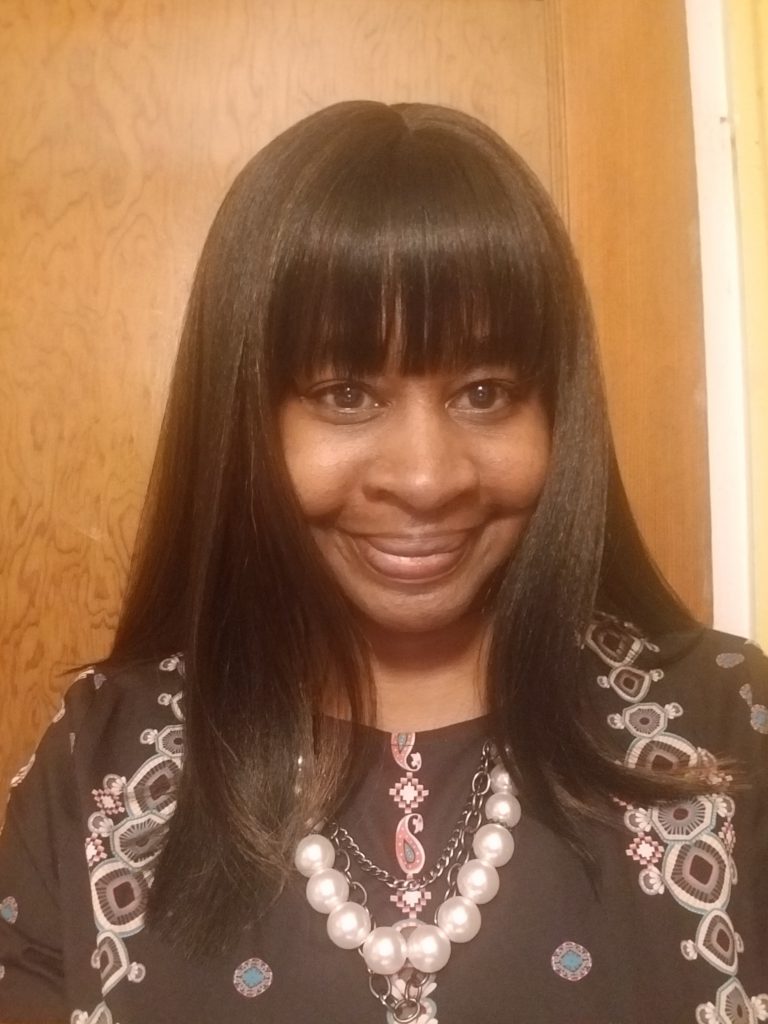
korie twiggs
Community Manager, ASTC
In 2019, Korie’s top three goals were to:
- Design and test a Community of Practice (CoP) bi-annual survey to collect valuable user data and determine the needs of community members
- Identify a robust set of metrics that will be collected to determine the “health and wellness” of a CoP and describe a set of measurable criteria that define community success. Existing CoPs will be assessed against these criteria
- Provide an annual “State of CoPs” report for ASTC and the wider informal STEM learning field that will share outcomes from the survey
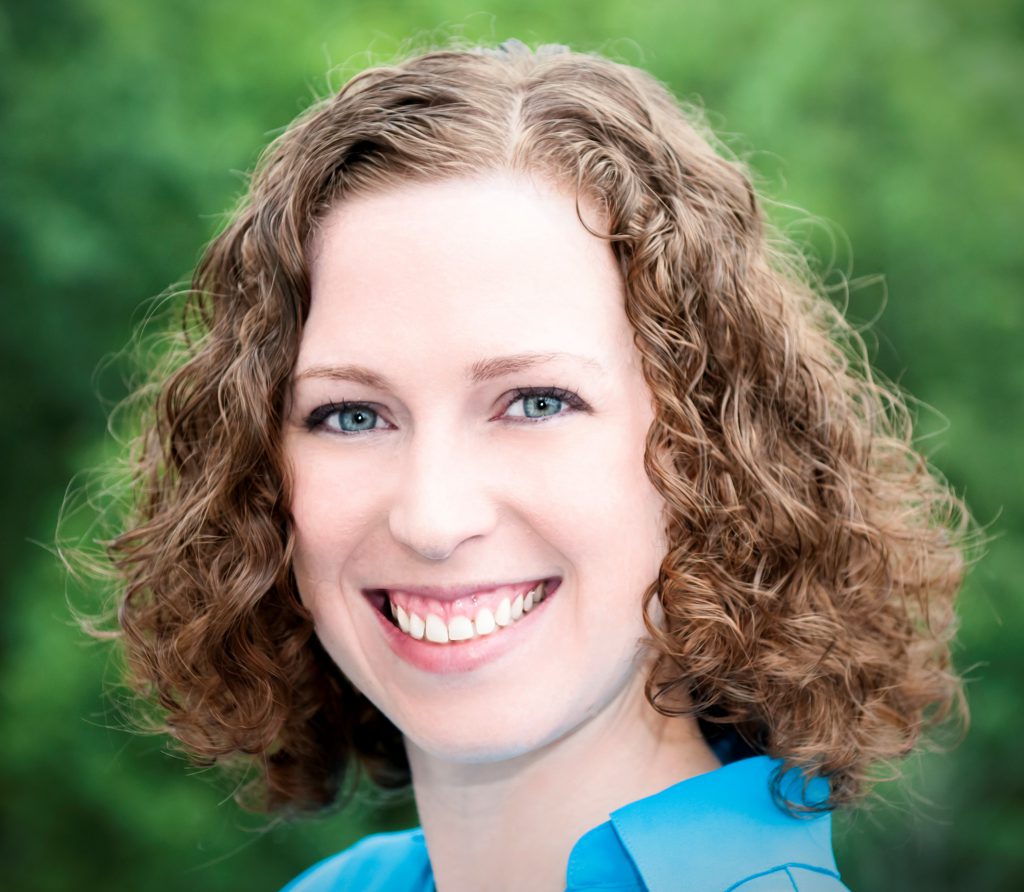
kathryne woodle
Program Manager, APS
In 2019, Kathryne hoped to:
- Facilitate the first cohort of STEP UP Ambassadors, high school teacher leaders who are experts in using STEP UP materials, to join the project
- Mobilize STEP UP Change Agents (undergraduate students, faculty, etc.) to visit high schools and register teachers online
- Engage the Physics Teacher Education Coalition (PhysTEC.org) to incorporate STEP UP materials in pre-service physics teacher training
2017 Fellows #CEFP2017
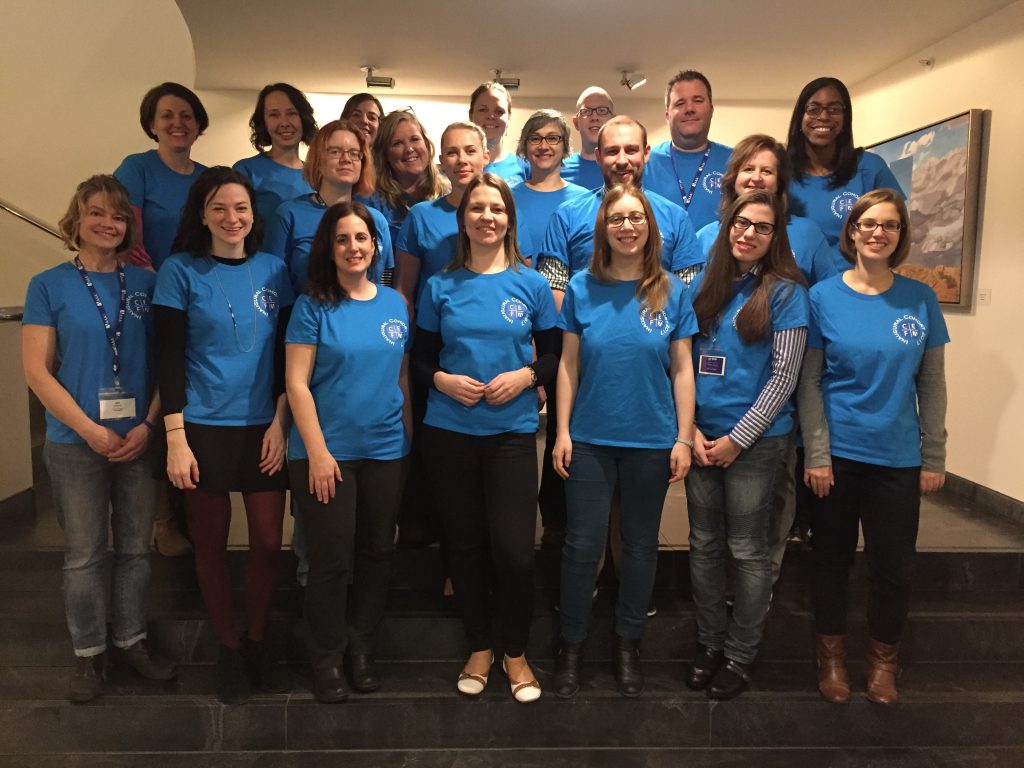
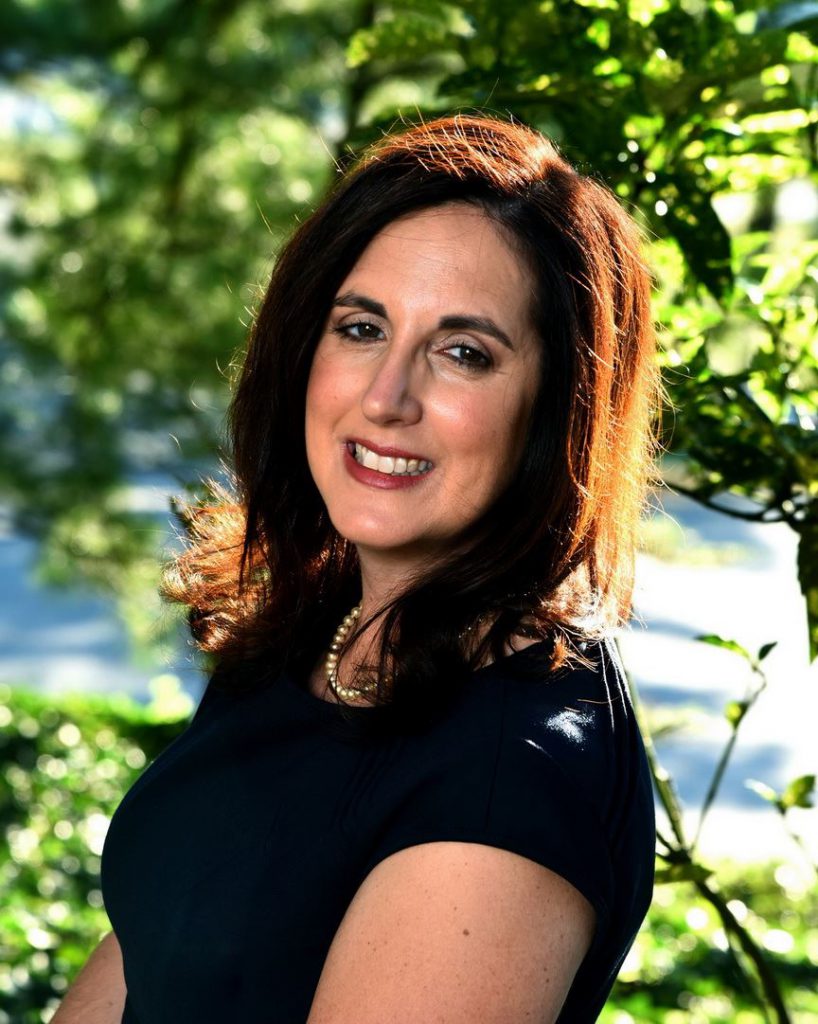
Melanie Binder
Community Engagement Manager, American Society of Plant Biologists
Melanie Binder was the Community Engagement Manager and Social Media Coordinator for the American Society of Plant Biologists (ASPB). With over 20 years of experience in client services, Melanie was closely involved in developing and launching Plantae, a new global community and knowledge hub for plant scientists, students and related professionals to connect and share relevant resources.
As a community manager, she set goals to expand Plantae’s presence during 2017 by launching a seminar & podcast series, facilitating a Plantae Fellows program, and continuing to collaborate on resources with the global plant science community.
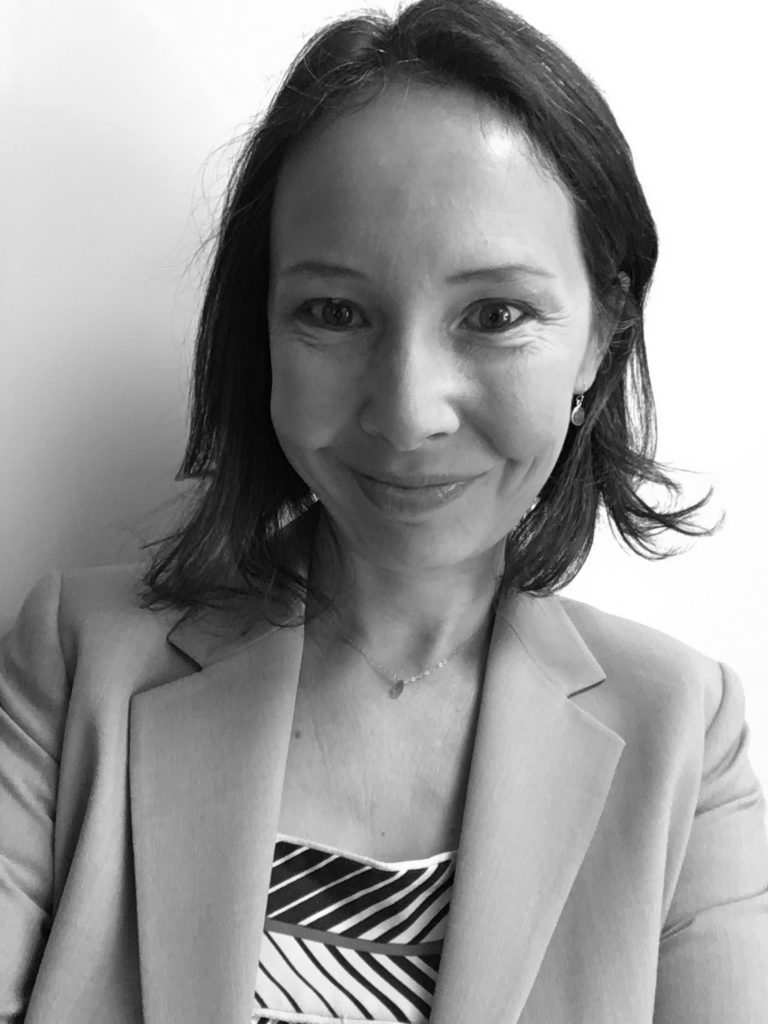
Amber Budden
Director of Community Engagement and Outreach, Data Observation Network for Earth (DataONE)
Dr. Amber Budden was the Director for Community Engagement and Outreach at DataONE, an NSF funded cyberinfrastructure project supporting Earth and environmental scientists in their data management, preservation, search and discovery needs. An advocate for open and transparent science, Amber supported the DataONE community in the use of DataONE tools and services, and conducted training and outreach activities in best practices for data management.
During this fellowship Amber aimed to:
- Extend the reach of the DataONE Users Group, broadening participation and empowering community members to serve as DataONE ambassadors and open data advocates, and
- Build community participation around the DataONE education materials that are undergoing transition to a collaborative open workspace
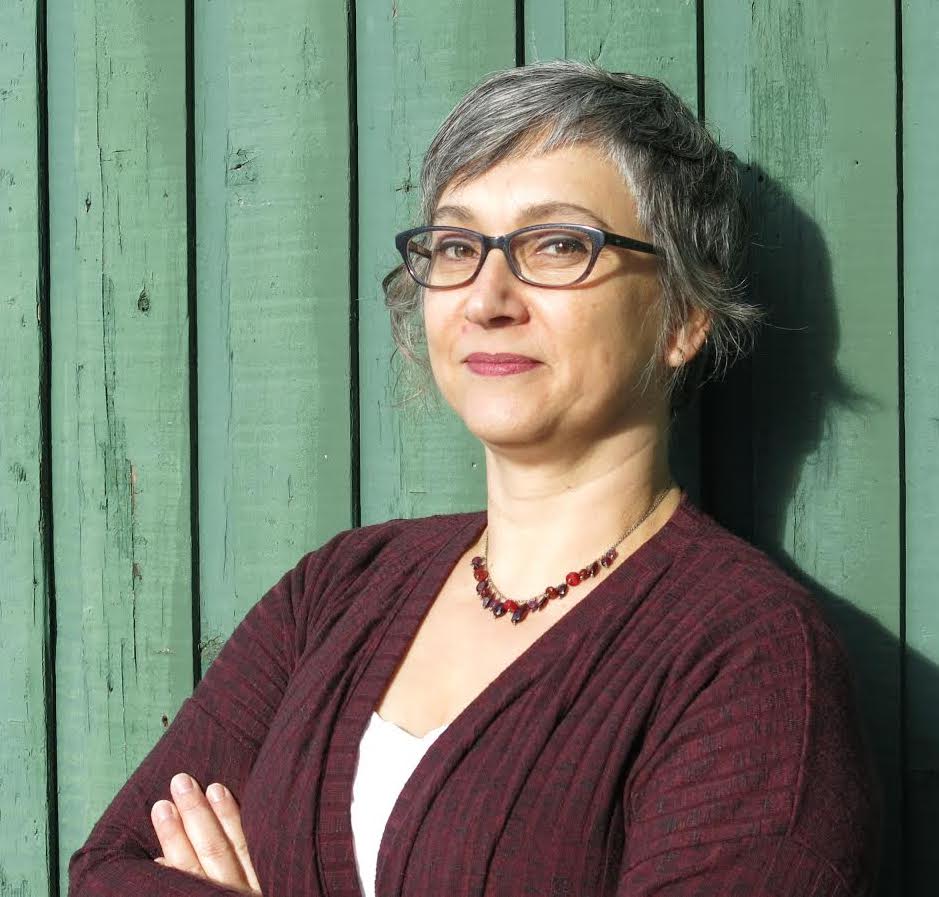
Stefanie Butland
Community Manager, rOpenSci
Stefanie Butland was the first ever Community Manager for the rOpenSci project, a non-profit initiative that develops a wide range of open software tools to enable open and reproducible research. As an experienced scientist and bioinformatician who has always been a people-connecter, she helped rOpenSci develop the social infrastructure to support their mission.
Stefanie’s primary goal for 2017 was to maximize the reach and impact of the community’s efforts by putting together monthly community calls, a weekly blog, and a coding unconference. She wanted to deepen her understanding of her community, which encompasses both the people and the currencies that bring them together: the software environment, online collaboration tools, and the adoption of an open approach to science.
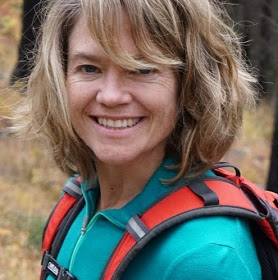
JENNIFER DAVISON
Program Manager, Urban@UW
Jen Davison was the program manager for Urban@UW, a cross-disciplinary and cross-sector initiative at University of Washington that seeks to engage scholars and practitioners around the challenges that cities face, from homelessness to transportation to climate adaptation and beyond. With a background in ecology, Jen has spent years working with scientists to amplify their impact: through communication, community engagement, and interdisciplinary collaboration.
In 2017 Jen wanted to focus on defining and improving the business model of Urban@UW to better support collaboration among the scholarly communities at University of Washington who are aiming to tackle urban-centered issues. She also focused on supporting the pilot year of Livable City Year, a program that pairs faculty and students with city policymakers for project-based learning. With respect to the Community Engagement Fellows program, Jen’s goal was to daylight and demonstrate the purpose of and best practices around community management so as to improve the effectiveness of Urban@UW and its projects.
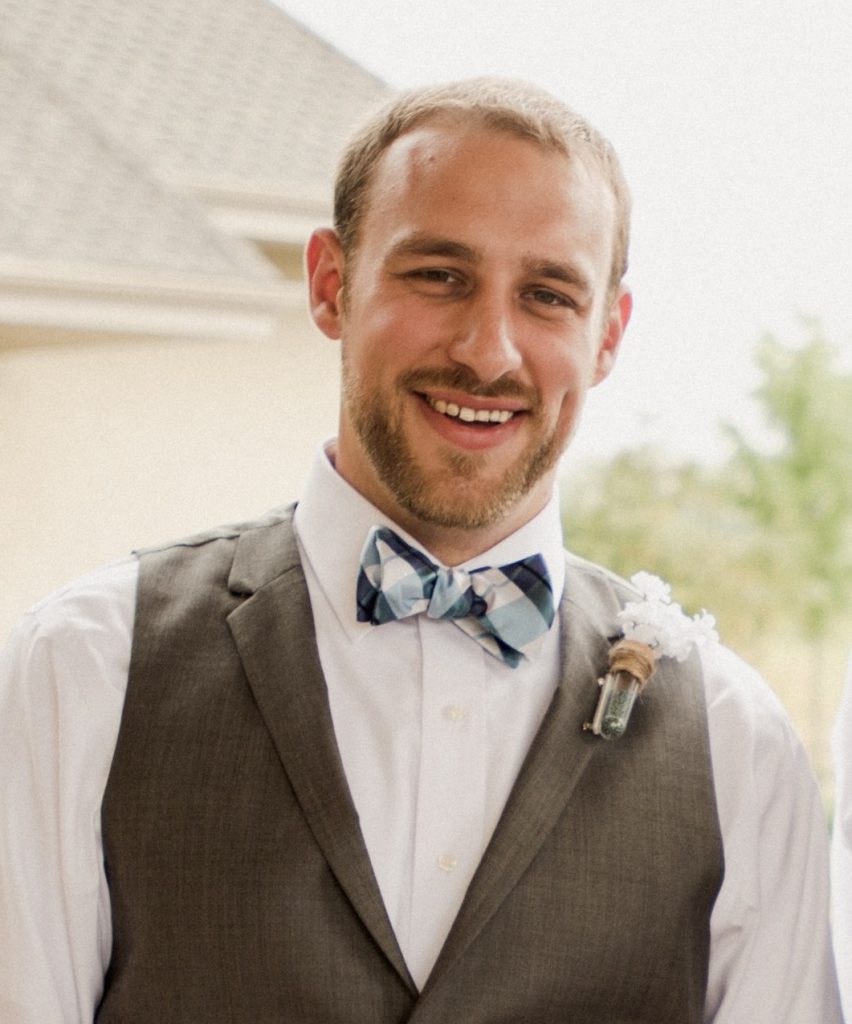
JOSH KNACKERT
IceCube/AAAS Community Engagement Fellow, Wisconsin IceCube Particle Astrophysics Center
Josh Knackert was the Diversity, Inclusion, and Career Mentoring Fellow at the Wisconsin IceCube Particle Astrophysics Center (WIPAC) in Madison, WI. He assisted the IceCube diversity and inclusion task force in offering workshops, training, and networking opportunities to staff at both WIPAC and throughout the IceCube Collaboration. These resources were intended to promote inclusive, effective collaboration, while ensuring that every IceCube staff and collaborator has the opportunity to contribute their full potential.
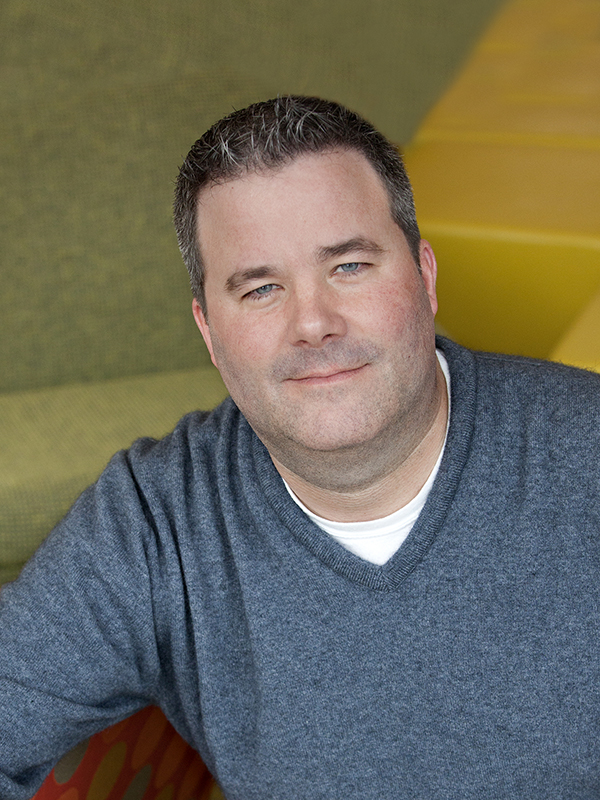
ANDREAS LEIDOLF
Assistant Director and Project Administrator, iUTAH NSF EPSCoR (Innovative Urban Transitions and Arid region Hydro-sustainability)
Andreas (Andy) Leidolf was Assistant Director and Project Administrator for iUTAH, Utah’s EPSCoR Track 1 Research Infrastructure Improvement Award. This 5-year, $20M cooperative agreement with the National Science Foundation is aimed at building statewide collaborative and multi-institutional capacity to conduct cutting-edge research on water sustainability and other critical environmental issues, while simultaneously training an inclusive and diverse next-generation STEM workforce for the state of Utah and the nation. Over the past two+ years of having served in this role, Andy has applied his more than 20 years of experience in the conduct, transmission, administration, and development of scientific research to building a strong, sustainable community of researchers and their stakeholders that now comprises over 500 former and current participants and over 80 partner organizations.
Andy’s goals for his participation in the 2017 inaugural Community Engagement Fellows cohort were to:
- Develop, implement, and evaluate strategies to sustain the iUTAH network as it transitions from EPSCoR funding into a yet uncertain future
- Work with university administrations to help institutionalize the capacity for facilitating large-scale, interdisciplinary, cross-institutional research in the state of Utah
- Acquire new skills in leveraging social media platforms in the pursuit of these goals
- Assist AAAS in the development of a curriculum for the training of future cohorts of Community Engagement professionals
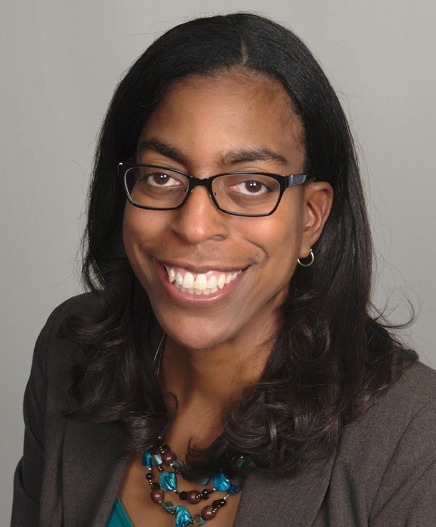
Marsha Lucas
Publications and Communications Coordinator, Society for Developmental Biology
Marsha Lucas is the Publications and Communications Coordinator at the Society for Developmental Biology. She writes and edits content for the Society’s website and newsletter, helps develop educational outreach activities promoting developmental biology, and manages SDB Collaborative Resources (CoRe), an online database of images and movies for learning and teaching developmental biology. As a AAAS Community Engagement Fellow, she will focus on engaging the developmental biology community on two major fronts—Education and Diversity & Inclusion.
Marsha Lucas is the Publications and Communications Coordinator at the Society for Developmental Biology. She writes and edits content for the Society’s website and newsletter, helps develop educational outreach activities promoting developmental biology, and manages SDB Collaborative Resources (CoRe), an online database of images and movies for learning and teaching developmental biology. As a AAAS Community Engagement Fellow, she will focus on engaging the developmental biology community on two major fronts—Education and Diversity & Inclusion.
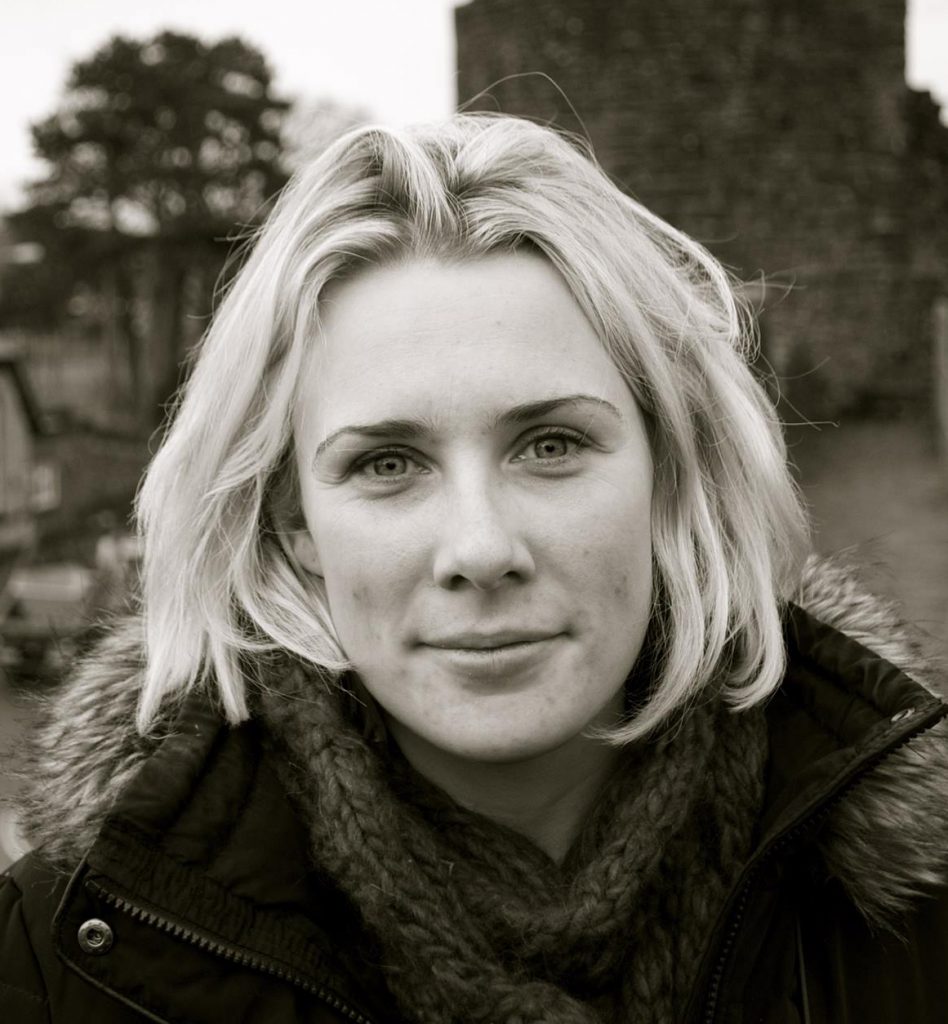
STEPhanie O’Donnell
Community Manager, WILDLABS.net, Fauna & Flora International
Stephanie O’Donnell is the Community Manager of WILDLABS.NET, the conservation technology network catalysed by United for Wildlife with the support of Google.org and ARM. She guides the WILDLABS.NET community of conservationists, technologists, engineers and entrepreneurs, supporting them to find, create and deploy effective technology-based solutions to protect threatened wildlife and habitats.
In 2017, she wanted to:
- Continue to grow the WILDLABS.NET community through year two
- Create new opportunities for WILDLABS.NET members to connect and collaborate around specific challenges, both in person and remotely
- Expand the membership base of WILDLABS.NET and empower members with diverse backgrounds and experience to add their voices to collaborative efforts
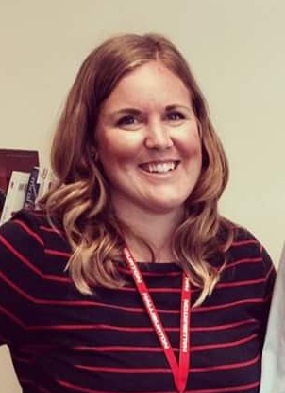
Heidi Olds
Technical and Professional Activities Coordinator, Society of Petroleum Engineers
Heidi Olds was the Technical and Professional Activities Coordinator for the Society of Petroleum Engineers (SPE). SPE is the largest individual-member organization serving managers, engineers, scientists and other professionals worldwide in the upstream segment of the oil and gas industry. Heidi is enthusiastic about representing her organization in the 2017 AAAS Community Engagement Fellows Program. She holds a BA in German, Minor International Studies with a regional focus of Western Europe. Heidi is an enthusiast of languages and travel. Her global perspective and interest in cultural diversity makes her open minded and innovative.
For 2017 her top goals were:
- Develop champions within SPE’s online communities
- Enhance the member experience when engaging online
- Motivate SPE‘s members to connect socially
- Move the SPE community structure away from small, exclusive groups to one open forum for all membership
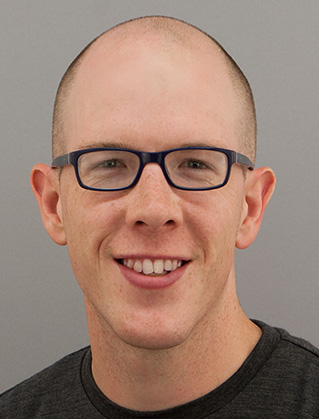
Allen Pope
Executive Secretary, International Arctic Science Committee
Dr. Allen Pope is the Executive Secretary of the International Arctic Science Committee (IASC). He is excited to get to help Arctic scientists come together to make their work even more impactful and is coming to this new role after 3 years as a glaciologist at the National Snow and Ice Data Center (University of Colorado Boulder) and the Polar Science Center (University of Washington).
In 2017 his top three goals were:
- Help Arctic scientists share their collaborations through a new IASC blog
- Help IASC representatives better reach and communicate with their national constituencies
- Establish new action groups to broaden IASC’s reach and representation
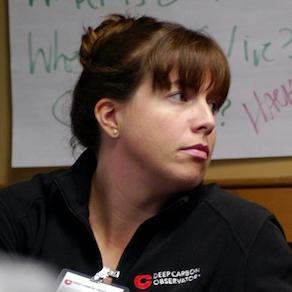
KATIE PRATT
Director of Communications, Deep Carbon Observatory
Dr. Katie Pratt was the communications director for the Deep Carbon Observatory (DCO), an international program investigating carbon inside Earth, and worked within an Engagement Team based at the University of Rhode Island’s Graduate School of Oceanography. Having spent more than three years working with a diverse Earth and life science community, she was looking at the fellowship year as an opportunity to share her experiences while learning from community managers working in different scientific disciplines.
She was particularly interested in improving the international scope of DCO, working with early career scientists to enhance their career and professional development, and investigating the quantifiable effects of community building on scientists’ professional and personal growth.
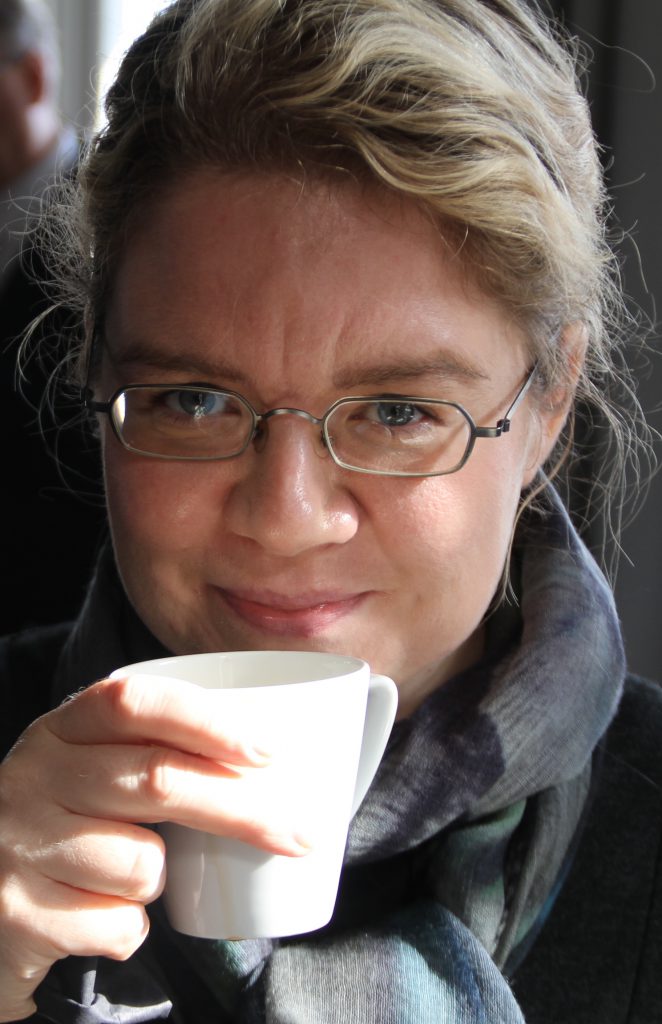
Malin SANdströM
Community Engagement Officer, International Neuroinformatics Coordinating Facility
Dr. Malin Sandström is Community Engagement Officer at INCF, an international non-profit organization devoted to advancing global collaborative brain research. She has twelve years of experience in science communication, and a PhD in computational neuroscience.
In 2017, her top goals were:
- Develop better ways to connect a community spread out over four continents and a multitude of scientific subfields
- Interact more closely with other scientific communities grappling with similar problems, such as data sharing, interoperability and life science standards
- Help make science more open, robust and reproducible
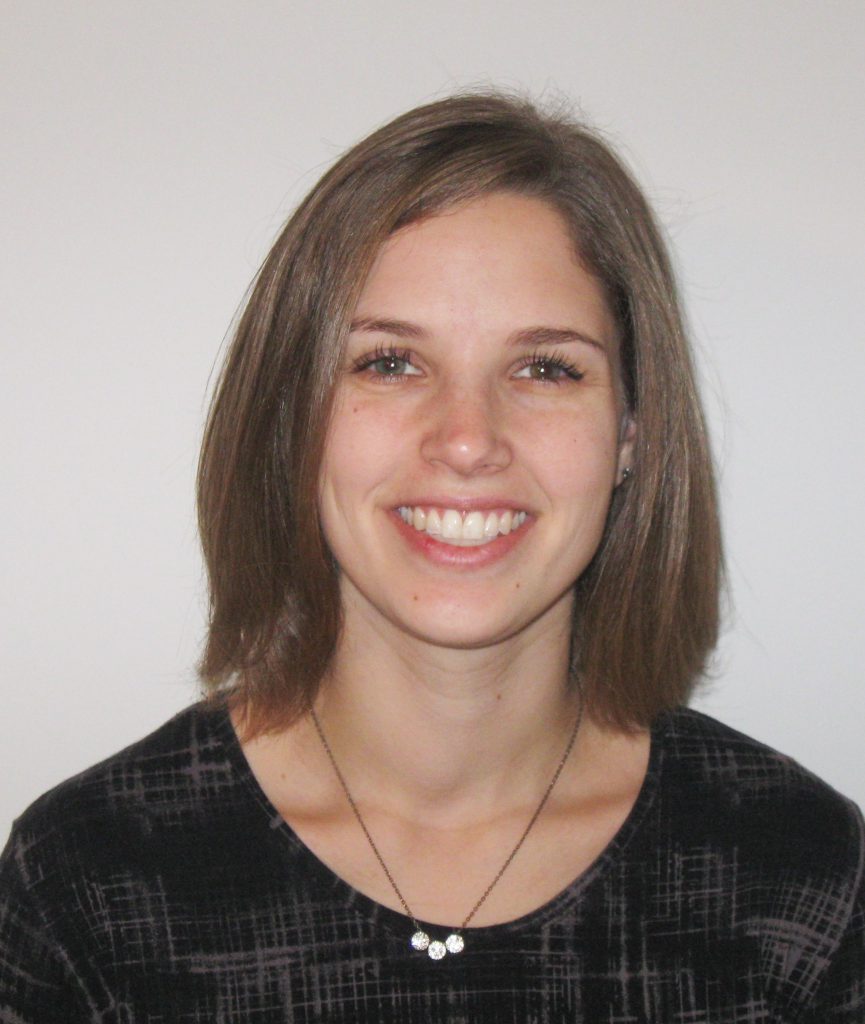
Melissa Varga
Community Manager, Union of Concerned Scientists
Melissa Varga is the Community Manager of the Science Network at the Union of Concerned Scientists, where she manages the growing community of over 17,000 scientists and technical experts. From training candidates to run for local office to supporting a community of scientists who want to use their expertise to inform policy, she has experience working with a wide variety of stakeholders.
In 2017 she set goals to further develop online and offline opportunities for scientists to connect with each other around public engagement, and work within her organization to demonstrate the benefits of the online community management.
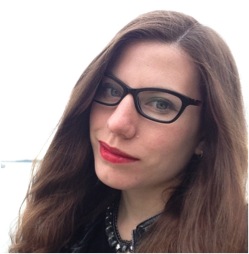
STEPHANIE VASKO
Research Associate and Program Manager, Toolbox Dialogue Initiative, Michigan State University
Dr. Stephanie E. Vasko was a Research Associate and the Program Manager for the Toolbox Dialogue Initiative (TDI) at Michigan State University. With a Ph.D. in Chemistry & Nanotechnology, post-doctorate training in STEM education, and research interests in design history and responsible innovation, Dr. Vasko brought nearly a decade of experience in interdisciplinary research and collaboration to the creation of tailored dialogue-based interventions for clients in fields ranging from sustainability to campus planning. She’s excited to foster community among her own community of team science researchers and to enhance communication and collaboration for new and existing research/collaborative teams.
In 2017, her top three goals were:
- Strengthen communication and collaboration within the TDI community
- Develop new additions for tailored TDI workshops
- Expand the audience for TDI-style dialogue-based interventions through social media and in-person channels
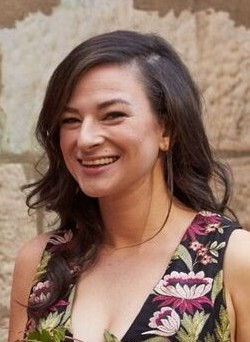
Rosanna Volchok
Network Engagement Manager, New York Academy of Sciences
Rosanna Volchok is the Network Engagement Manager for the New York Academy of Sciences(“the Academy”). Rosanna has a background in science, international public policy and nonprofits and believes strongly in the power of addressing global challenges through interdisciplinary approaches to science policy, outreach and education.
In 2017 her top three goals at the Academy were:
- Launch a successful, scalable digital ambassador program for the early career segment of Academy Membership
- Continue to grow and refine the Academy’s “Member-to-Member” digital mentoring program
- Design and implement improvements to community engagement tracking and communications
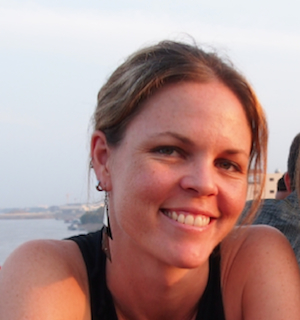
Elisha Wood-CHARLSON
Research/Communications Project Manager, University of Hawaii Simons Collaboration on Ocean Processes and Ecology
Dr. Elisha Wood-Charlson was the Data/Research Communications Program Manager for the Simons Collaboration on Ocean Processes and Ecology (SCOPE) at the University of Hawai’i, Mānoa. Dr. Wood-Charlson has a PhD in Marine Science and has spent many years looking at the little things (microbes and viruses) that make marine ecosystems tick. Alongside the research and teaching, there has always been a passion for making science communication more efficient and effective, ranging from increasing science literacy in local communities, to managing multidisciplinary collaborations, to dealing with the “big, open data” problem.
Her goals for CEFP2017 were:
- Network and brainstorm with great minds on how to make communication more efficient for complex science communities
- Challenge the role of email in community engagement
- Formalize the role of efficient communication when cross-disciplinary knowledge is needed to answer the “big questions” in science